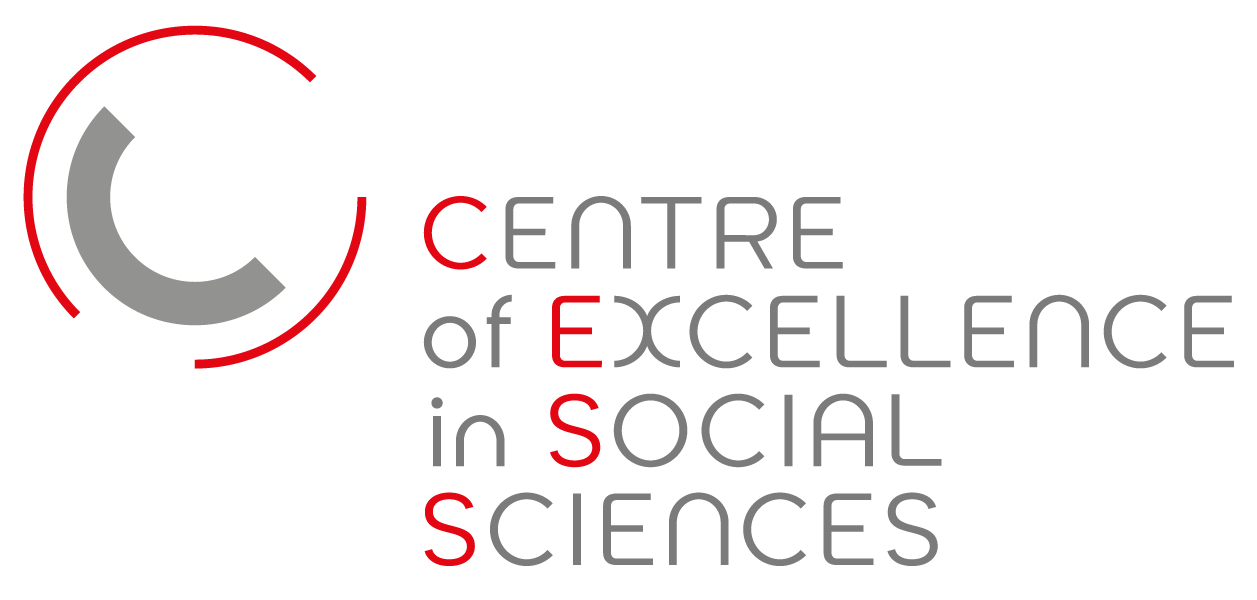Dr Tomasz Oleksy’s project, funded in the competition for research projects at CESS

23 10 2024
The project of Dr Tomasz Oleksy from the Faculty of Psychology “Are we ready for an effortless world? Sense of meaning in an age of AI development and virtual places” (“Czy jesteśmy gotowi na świat bez wysiłku? Poczucie sensu w czasach rozwoju AI i wirtualnych miejsc”) was funded in the competition for research projects at the Centre of Excellence in Social Sciences.
The project received funding in the amount of 80 000,00 PLN.
Lets imagine a potential day in the life of a scientist in the future. After eating a nutrient-perfect breakfast ordered automatically by a smart home, our character gets into an autonomous car that drives him to work. Once there, he delegates another version of ChatGPT to come up with and test original hypotheses on a dataset sent to him. After a coffee break, he asks AI to write a first version of a paper based on these analyses, and, seeing the potential of the idea, also to write a convincing grant proposal to continue the research. After a day of work, it is time to relax. Instead of meeting his partner, with whom he had argued the day before, he decides to talk to an empathetic chatbot that understands him perfectly (unlike his partner). The approaching summer also means that a holiday needs to be planned. The character has dreamed all his life of seeing the Himalayas, but at the thought of the effort involved in the journey, he opts for a virtual trip to the top of Mount Everest on the latest virtual reality system. This is still more than he would ever do in the real world, as his physical capabilities and financial means would allow him to reach, at most, the first camp below the world’s highest peak.
Would we consider such a life to be meaningful? The intuitive answer of many would be no, and would more than likely be justified by the protagonist’s detachment from experiences in the real, demanding world (Scripter, 2023). In discussions about the social implications of technological progression, one of the most common issues that arise is the replacement of: real experiences of work, relationships, entertainment with their virtual counterparts. Advocates of technological progression argue that it can lead to an increase in human wellbeing for a number of reasons. Work automation will give us more time for rest and self-realisation, problems of loneliness and misunderstanding will be solved by interactions with AI, and dissatisfaction with one’s place of residence will be solved by migrations to virtual worlds. Common to these visions is the promise of an easier life – but are we ready for a potential world where we don’t have to make any effort to achieve our goals?
Previous research on the role of effort in meaning-making has shown the existence of the so-called effort paradox (Inzlicht et al., 2018). On the one hand, people tend to avoid spending too much energy on a goal; on the other hand, effort contributes to shaping a sense of fulfilment, appreciating the value of our lives, and enables us to better understand ourselves and the world (Inzlicht and Campbell, 2022). In this project, we want to examine to what extent perceptions of effort shape a sense of meaning in the world of new technologies and attitudes towards their development. In the project, we will answer three main questions:
- Do attitudes towards AI technologies and virtual places depend on what meaning we attribute to effort in our lives?
- To what extent does the experience or perception of effort influence the acceptance of the aforementioned technologies and the sense of meaning associated with their use? In a series of experimental studies, we will test whether the experience of one’s own effort, or the representation of the use of a new technology as effort-related, will influence its acceptance and the sense of meaning associated with the activities performed with it.
- Will the relationships between perceived effort, acceptance of new technologies and sense of meaning depend on the area of use of the technology in question?
We will check whether the relationship between the above variables will be similar in the context of the
- work,
- interpersonal relations,
- entertainment.
We will answer these questions through a series of correlational and experimental studies.

